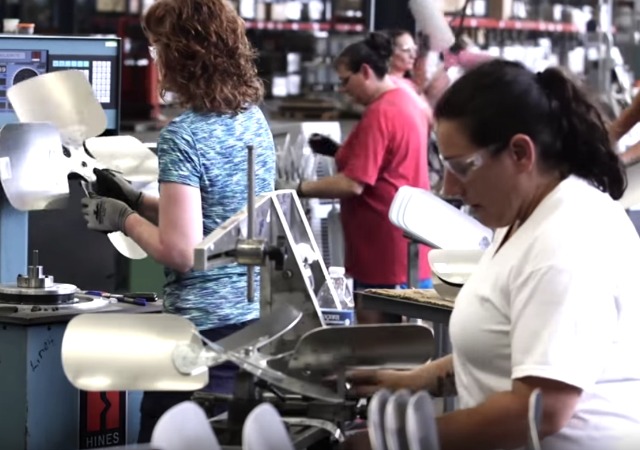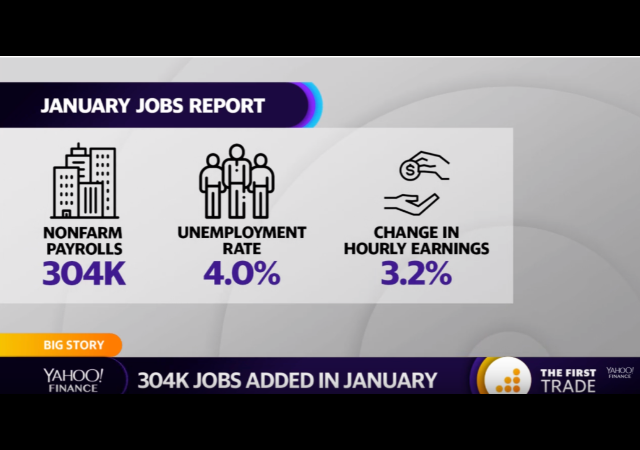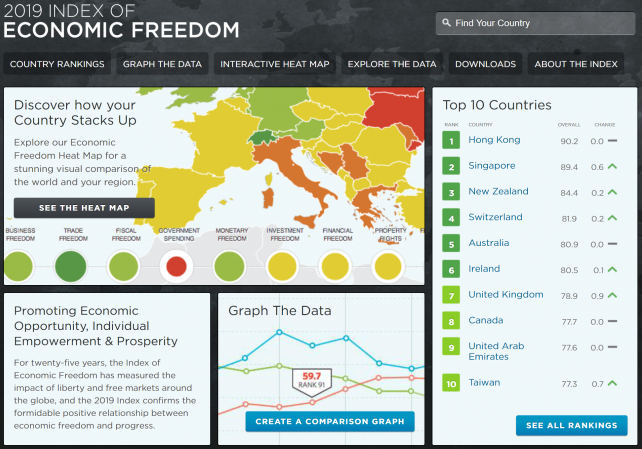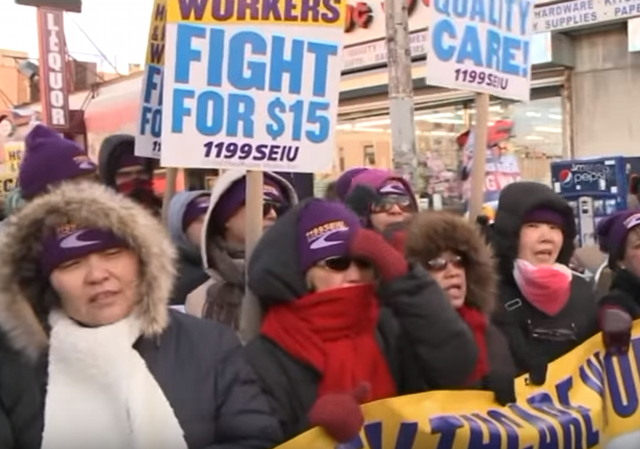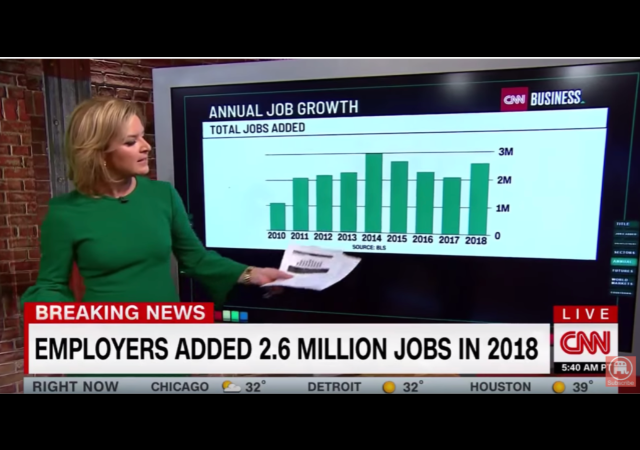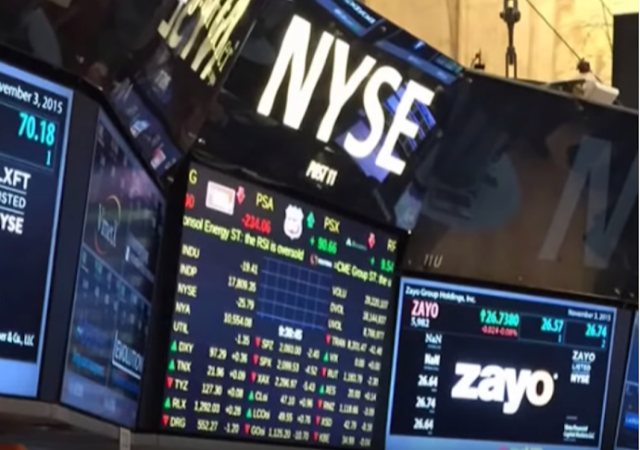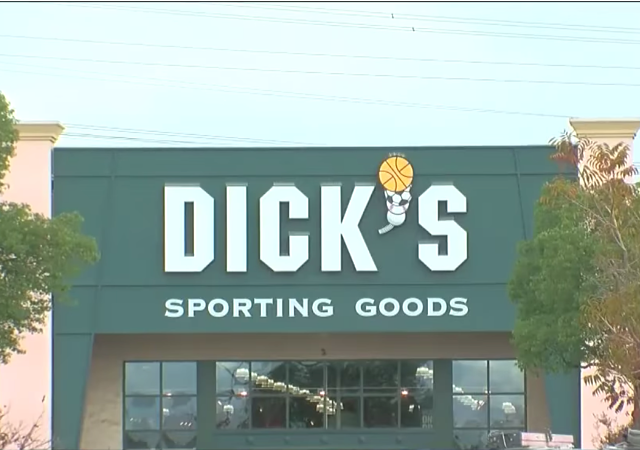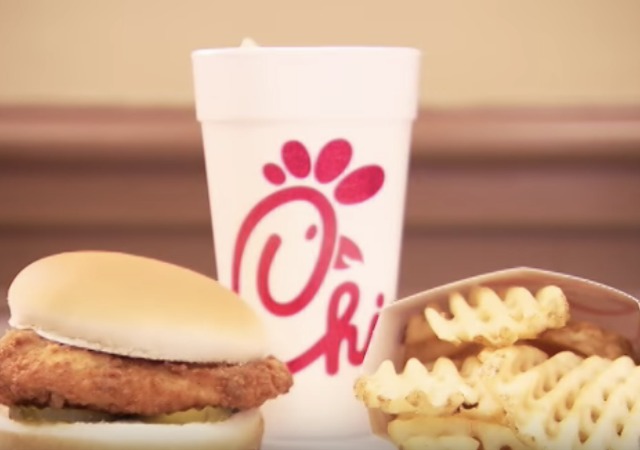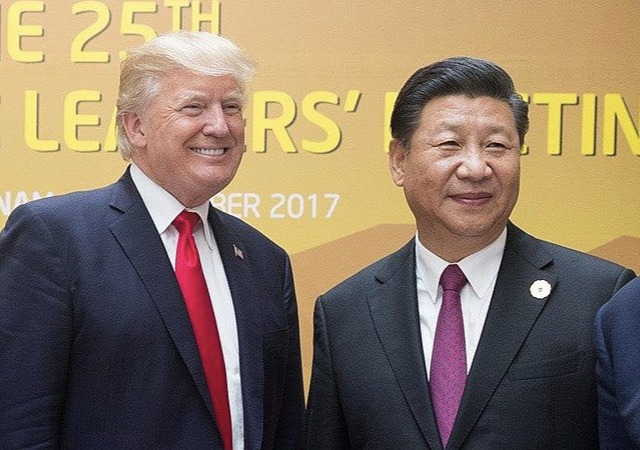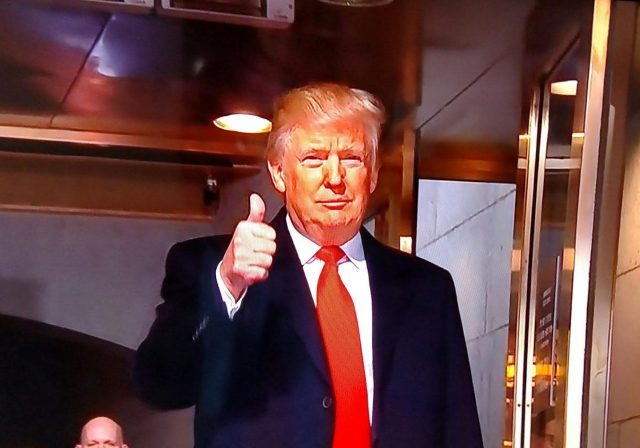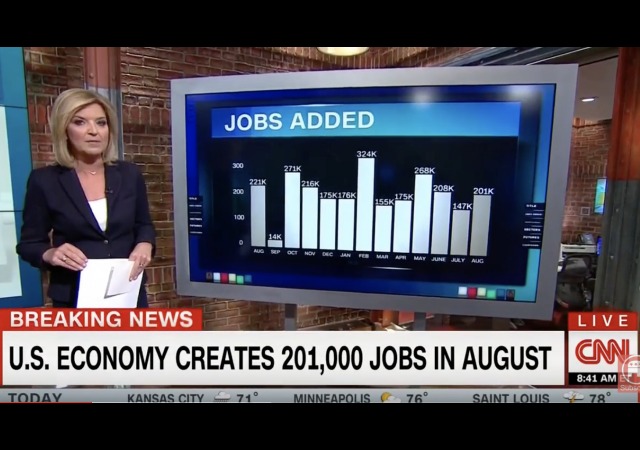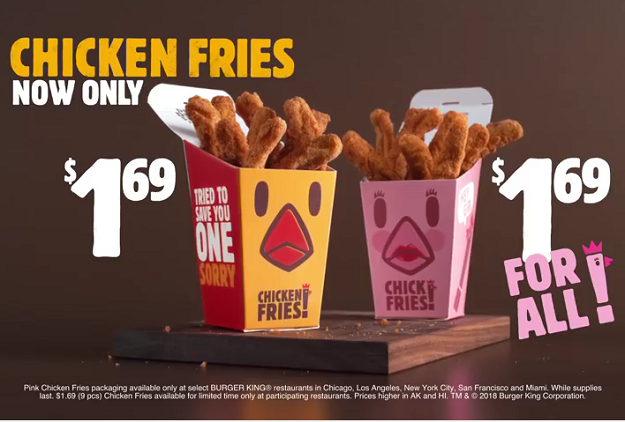Unions, Democrats Plead With Amazon in Open Letter to Return to NYC
on March 01, 2019
36 Comments
Unions and Democrat politicians asked Amazon to come back to Long Island City, Queens, in an open letter in The New York Times. They wrote:
New Yorkers do not want to give up on the 25,000 permanent jobs, 11,000 union construction and maintenance jobs, and $28 billion in new tax revenues that Amazon was prepared to bring to our state. A clear majority of New Yorkers support this project and were disappointed by your decision not to proceed. We understand that becoming home to the world’s industry leader in e-commerce, logistics and web services would be a tremendous boost for our state’s technology industry, which is our fastest growing generator of new jobs. As representatives of a wide range of government, business, labor and community interests, we urge you to reconsider, so that we can move forward together.


